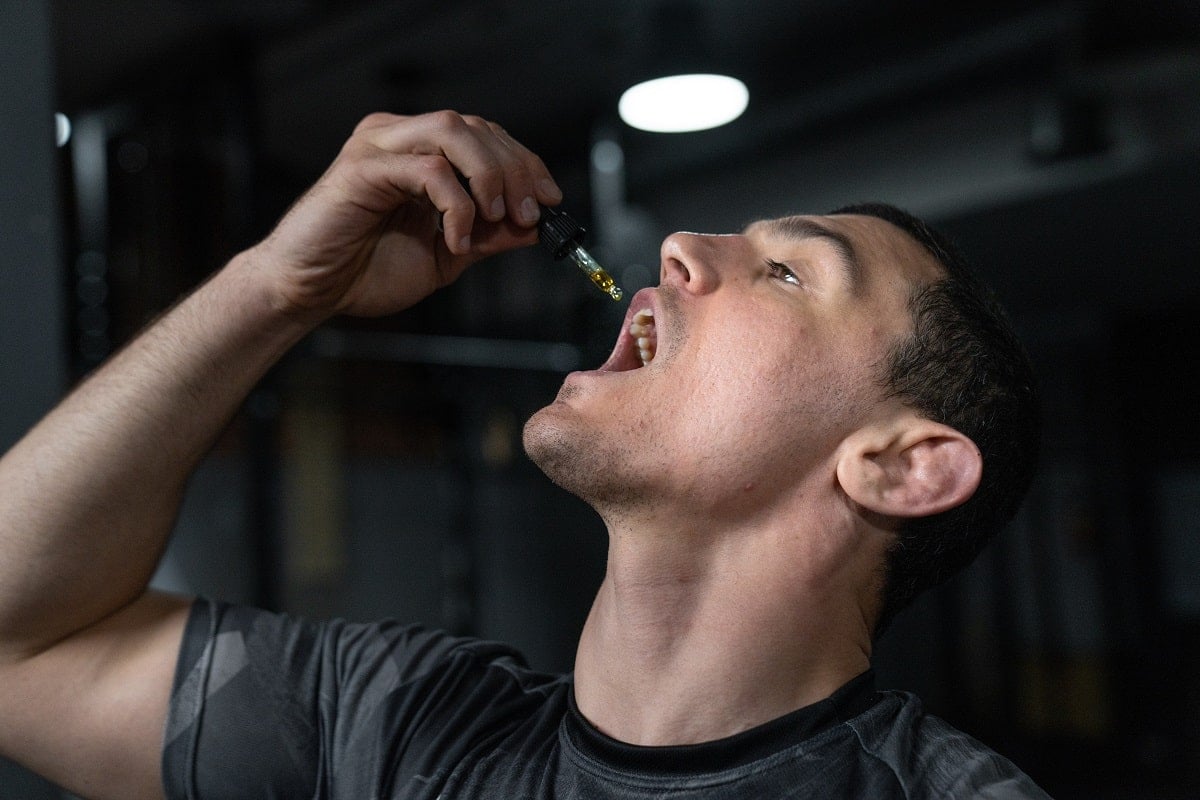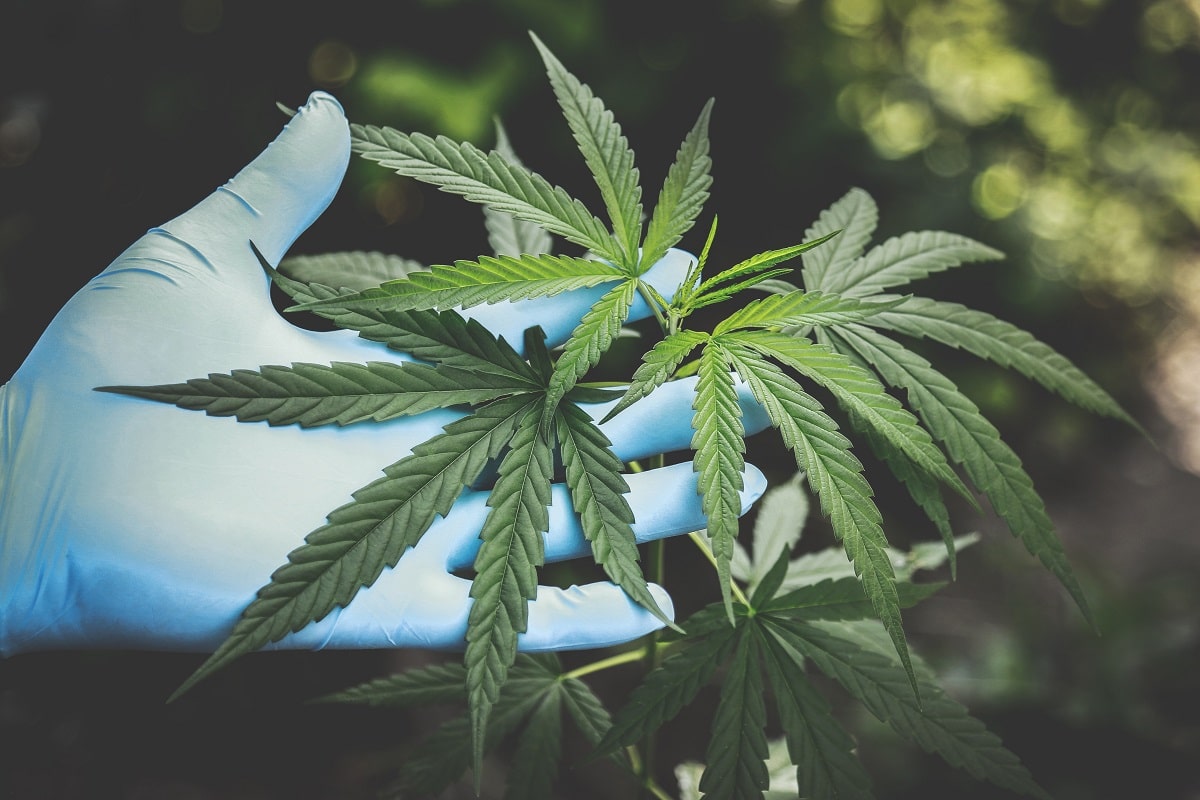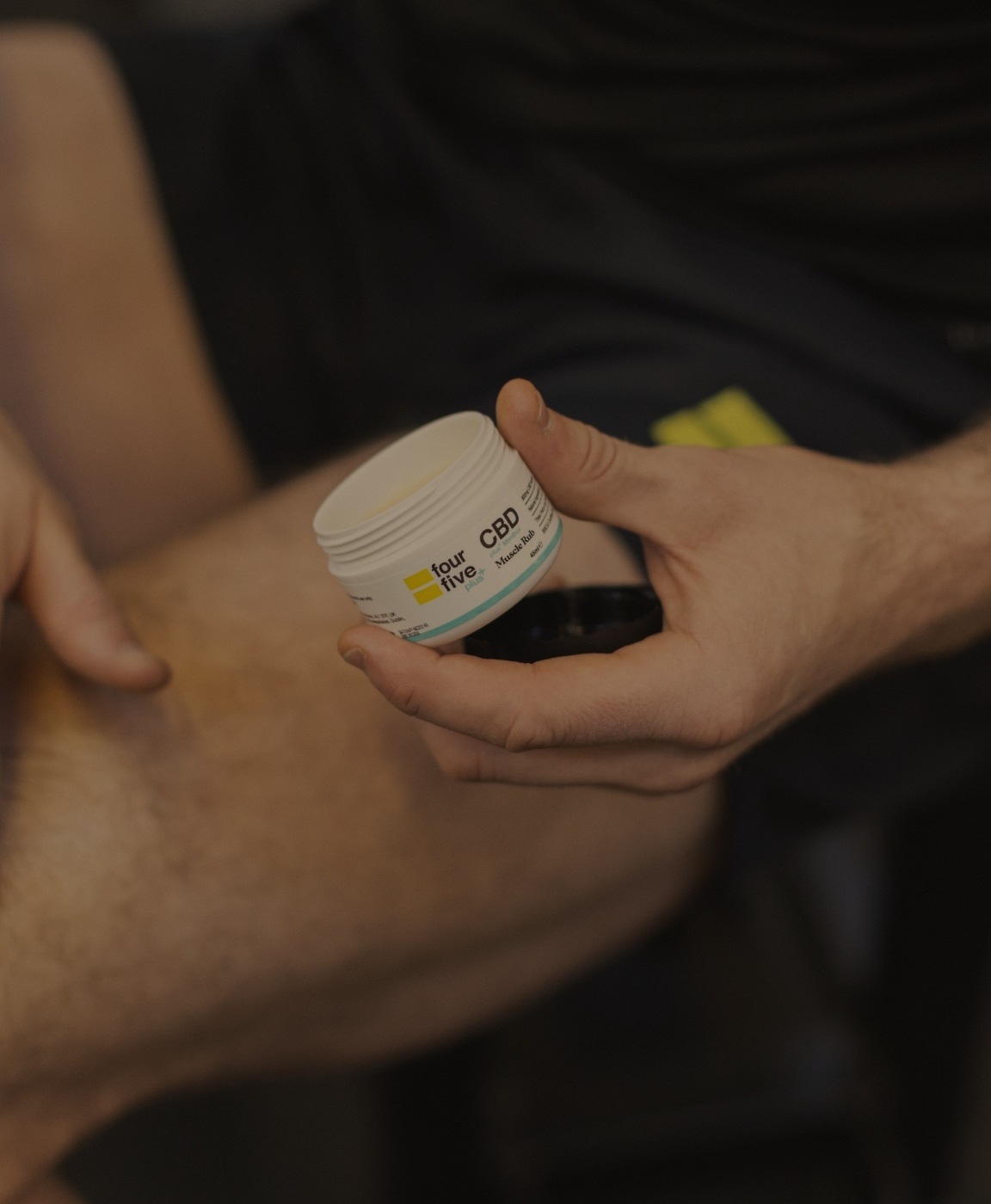1
HOME > Health & Fitness >
CBD VS. THC: HOW DO THEY AFFECT YOUR BODY?
Written by Menswear Style in Health & Fitness on the 9th May 2023

As the legalization of cannabis and other hemp-based products grows, customers are more interested in the available options. Researchers have revealed that the cannabis plant contains over 100 chemical compounds called cannabinoids, which influence the human body in various ways. This includes cannabidiol (CBD) and delta-9-tetrahydrocannabinol (THC), two of the most famous, naturally occurring chemicals found in weed. Though their effects are somewhat different, both compounds interact with your body’s endocannabinoid system to help treat or lessen the symptoms of certain conditions. While they share many similarities, several significant variations influence their use. Continue reading to discover more about these two chemical substances.
What Is the History of Cannabis?
Cannabis is one of the earliest plants humans have grown in different cultures, dating back through millennia. The plant is indigenous to central Asia, specifically the Altai Mountains in Mongolia. The first cultivation cases date back to about 12,000 years ago, when it was cultivated for textile use due to its strong fibrous material. In India, the plant was considered divine and played a crucial role in mystic inspiration owing to its relaxation and euphoric effects. However, cannabis-derived medication dates back to 2737 BC when Chinese Emperor Sheng Nung first documented the recipe for cannabis-infused tea. Other records of the medicinal use of hemp were found in Egypt, the Roman Empire, and the Herodotus era in Greece. The plant has evolved owing to scientific engineering and crossbreeding by growers and weed fans.

CBD and THC: What Are They?
Cannabidiol, referred to as CBD, is the second most predominant chemical compound in cannabis. The substance has become popular only recently, but in fact, it was first isolated from marijuana in 1940 by Harvard scientist Roger Adams. This scholar isolated both cannabidiol (CBD) and cannabinoid (CBN) from the plant. He also theorized the existence of the psychoactive chemical element delta-9-tetrahydrocannabinol (THC). Since CBD is not a psychoactive phytocannabinoid, its research was stalled in 1963, and the study of THC took precedence until about a decade ago. It wasn’t until 1964 that renowned cannabis scientists, Gaoni and Raphael Mechoulam, isolated THC in Israel. The two determined the structure and psychoactive abilities of the compound by testing the substance on monkeys and human subjects. Their results pointed to a variety of psychological reactions, such as uncontrolled laughter, panic attacks, and excessive talkativeness. This way, the academic community understood that THC and CBD influence the endocannabinoid system (ECS) in humans and animals differently. CBD functions as a medical remedy for specific conditions, while THC is responsible for the euphoric high from cannabis.
What Are the Similarities between THC and CBD?
The same cannabis plant produces both THC and CBD, and these two cannabinoids have similar molecular chemical structures, which are 21 carbon atoms, 30 hydrogen atoms, and two oxygen atoms. There is a slight difference in how the atoms are arranged, which is why the two compounds differ dramatically in their mechanisms of action and trigger different effects on the consumer’s body. The two compounds also exhibit therapeutic properties that result in mental and physical health changes, though in various capacities. Both substances are considered safe for human use, but caution is advised due to the risks of addiction, overdose, and possible adverse effects.

Here Is the Distinction between CBD and THC and How They Affect Your Body
The psychoactive properties of THC, in contrast to CBD’s non-psychoactive effects, are a common way to summarize the difference between CBD and THC cannabinoids. Besides, the distinction between CBD and THC lies in the interaction of each of these molecules with the endocannabinoid system’s (ECS) receptors. In addition to this, the THC and CBD molecules are different. Here is a more detailed overview of the differences:
Interaction with the Central Nervous System
It is important to remember that the human (and animal) ECS operates through two receptors, CB1 and CB2. The CB1 receptors in the brain are responsible for mental and physiological processes. The central nervous system and the immune system both contain CB2 receptors. Thus, it’s exactly the interaction of the THC molecule with CB1 receptors that distinguishes it from other cannabinoid molecules. It explains why THC is responsible for the cerebral high that most cannabis consumers experience. CBD, like THC, impacts the endocannabinoid system as well. However, this interaction occurs differently; CBD interacts with and inhibits CB2 receptors to a limited degree. Nonetheless, it increases the levels of endocannabinoids such as anandamide, the so-called “happy molecule.” This interaction, which is unique to each molecule of CBD or THC, dictates their properties.

Medical Benefits
CBD and THC share numerous medicinal benefits. They can alleviate a variety of medical conditions. However, CBD does not produce the euphoric and psychoactive effects of THC. Some individuals may prefer CBD due to the absence of this adverse effect. Clinical research is examining CBD as a possible treatment option for social anxiety, schizophrenia, sleep disorders, post-traumatic stress disorders, and neurodegenerative diseases such as Alzheimer’s and Parkinson’s disease. To date, CBD has been proven effective in treating the following conditions:
- Seizures
- Inflammation
- Chronic pain
- Psychosis or mental disorders
- Inflammatory bowel disease (IBD)
- Nausea
- Migraine
- Depression
- Anxiety
On the other hand, the FDA has approved two synthetic formulations of THC for treating specific conditions. These include Nabilone (Cesamet) for treating chemotherapy-induced nausea and vomiting. Dronabinol (Marinol, Syndros) is FDA-approved for treating these conditions. Additionally, it is approved to stimulate appetite in individuals with AIDS or anorexia. Research into the potential of THC to treat obstructive sleep apnea, chronic neuropathic pain, and fibromyalgia is ongoing.
Side Effects
Even at significantly larger doses, CBD is well tolerated. Any CBD-related adverse effects are likely the result of interactions between CBD and other medications you may be taking, which can lead to liver damage. Possible CBD side effects include:
- Loss of appetite
- Fatigue
- Weight reduction
- Dizziness
- Diarrhea
- Lethargy and sleepiness
- Increased suicide ideation
THC also induces temporary side effects, including:
- Increased heart rate
- Impaired coordination
- Dry mouth
- Reddened eyes
- Slowed Response
- Memory loss
- Anxiety
- Fatigue
- Confusion
- Low blood pressure
- Epileptic seizures and seizure-like behavior

These adverse effects are a result of the psychoactive properties of THC. You can find more information about CBD-THC distinctions at https://askgrowers.com/blog/the-differences-between-cbd-and-thc. It is noteworthy that neither CBD nor THC is lethal. However, excessive THC consumption may be associated with adverse long-term psychiatric effects. This may be especially true for young THC users who consume it in large quantities. Long-term cannabis use can result in an amotivational syndrome characterized by depressive symptoms and a lack of life energy. Cannabis use has also been linked to psychosis, depression, anxiety, schizophrenia, and substance use disorders.
Legality
Regular changes are observed in cannabis-related laws in the United States. Technically, weed remains a Schedule I controlled substance under federal law. Despite hemp’s elimination from the Controlled Substances Act, THC is still classified as a Schedule I controlled substance by the Drugs Enforcement Administration (DEA) and Food and Drug Administration (FDA). However, 37 states and Washington, DC, have passed cannabis-related laws, rendering high-CBD medical cannabis legal. To purchase THC-containing cannabis products, you may require a prescription from a licensed medical professional. In addition, 19 states, two territories, and the District of Columbia have legalized cannabis and THC for adult recreational use. CBD should be available in states where cannabis is lawful for recreational or medical use. Before attempting to purchase CBD or THC-containing products, it is essential to research your state’s laws. If you possess cannabis-related products in a state where they are illegal or in states where they are lawful for medical treatment without a prescription, you may face legal consequences.
Conclusion
Cannabis is a plant with a confusing status and a rich history of medicinal and industrial use. Amid the modern legalization and gradual loosening of cannabis laws in the USA, more and more people get access to weed, so it’s vital to understand the distinctions between THC and CBD effects to get the right product meeting your health needs. THC is a medically beneficial compound, but it’s psychoactive, so it’s recommended only to pro users and people with specific conditions that cannot be addressed otherwise. CBD is non-psychoactive, so its use for various medical conditions expands in leaps. Lana Braslavska, a cannabis expert with a solid research background in this industry, wrote the article Lana works at AskGrowers to publish well-researched pieces of educational material for cannabis users and growers, thus closing the knowledge gap and encouraging safe, informed consumption of weed products.
Trending
2
3
4
5
6
7
8
9
10









